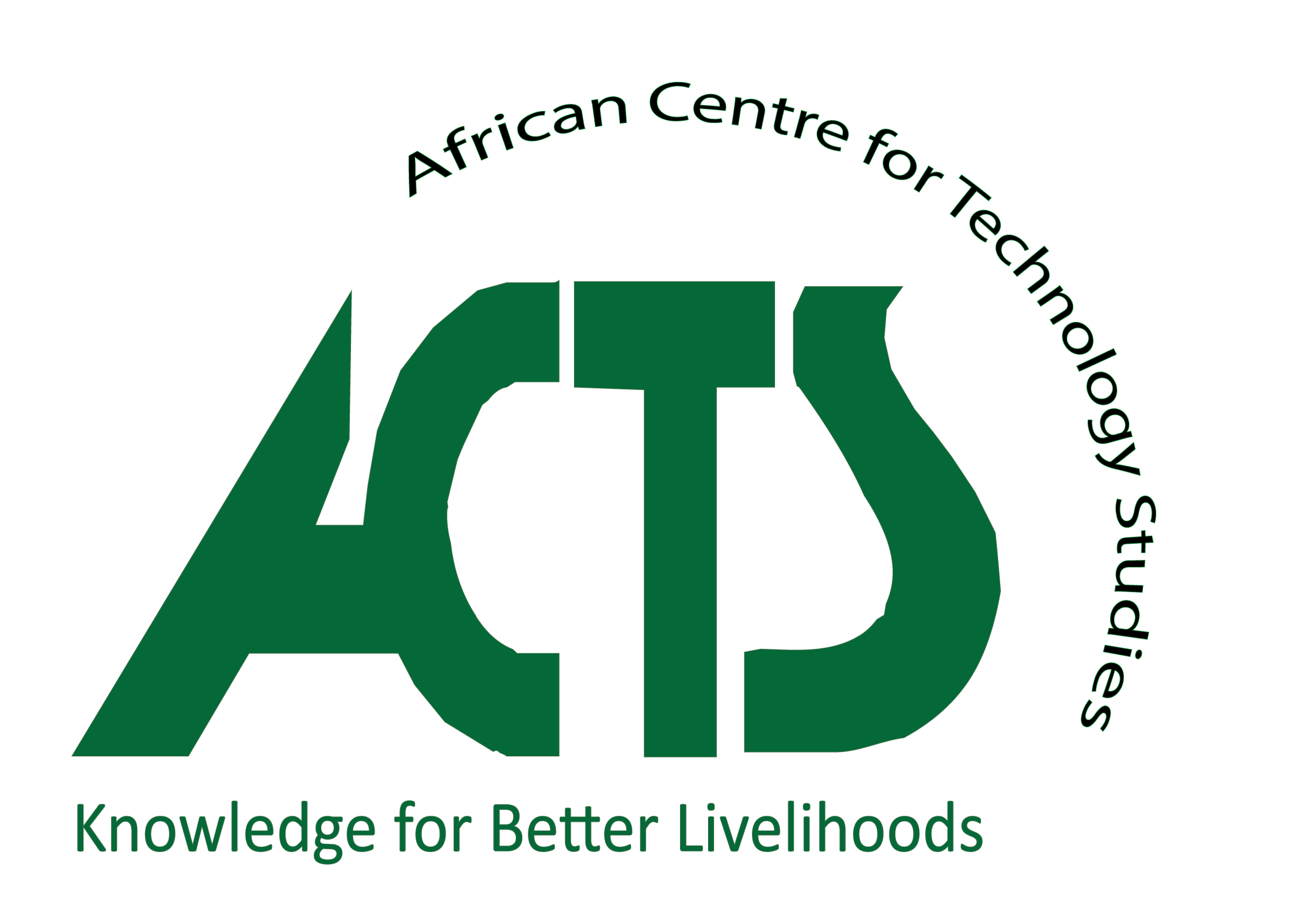(I). The Context
About AI4D Africa Project
The African Centre for Technology Studies (ACTS) is implementing the Artificial Intelligence for Development in Africa (AI4D) Scholarship Project to foster and nurture talent in responsible Artificial Intelligence (AI) and Machine Learning (ML) in African public universities. The project, which is currently on a 6 month extension phase after it came to a close in March 2024, , is funded by the International Development Research Centre (IDRC) and the Swedish International Development Cooperation Agency (SIDA), aims to meet the growing demand for research and development in responsible Artificial Intelligence (AI) and Machine Learning (ML) in the continent.
Specifically, the project is supporting selected scholars to undertake and successfully complete PhD research in AI and ML in African universities; and early career academics (ECA) to strengthen their research and development capacities in the two areas. Special consideration is given to research projects on responsible AI innovation for sustainable development, gender equity, and equitable regional distribution in low-income countries. ACTS is implementing the AI4D Africa scholarship project in partnership with Kwame Nkrumah University of Science & Technology in Ghana; University of Linkoping, Sweden and Université Cheikh Anta Diop de Dakar, Senegal. Other partners include the Regents of the University of California, United States; Human Sciences Research Council and Institute for Humanities in Africa based in South Africa; and the University of Eduardo Mondlane, Mozambique.
(II). Objectives of the Consultancy
The goal of this synthesis is to generate information that could help policymakers, development partners and research institutions prioritise areas of investment to support efficient data collection, processing, storage and security in AI research and development. The primary objective of this synthesis, therefore, is to document opportunities and challenges for accessing quality data by researchers. Specifically, the synthesis aims to:
(a). Undertake a landscape desk review related to data quality, accessibility and reliability in Africa
- What are the best practices on data collection, processing and storage globally?
- What challenges exists regarding data collection, processing and storage globally?
- What efforts exist to address these global challenges?
(b). Identify the key sources of data (primary, secondary-local, foreign- or synthetic)
- Africa is known to have a paucity of data. How have the researchers overcome this challenge?
- Were the researchers able to find the data they needed, or did they have to resort to using datasets from public repositories, which tend to be skewed towards the Global North?
- What were they key data sources? How was the data collected and processed?
- What measures did the researchers take to ensure the quality and reliability of the data?
(c). Find out the key challenges related to data collection (Location, Language, cost)
- What are the critical data gaps/challenges for the researchers? Are they being addressed? By whom?
- What were the primary sources of data for the research projects? How accessible were they?
- How was the data quality and security assured?
- Did the projects comply with data protection and privacy laws?
- What are the costs for accessing data?
(d). Document data collection and processing tools/platforms used by the researchers
- What data infrastructure are available to support similar research projects?
- Are there mechanisms for data sharing and collaboration?
- How is the rise of big data and IoT expected to influence AI data strategies in Africa?
- Did the researchers find datasets that were ready for immediate use, or did they have to pre-process the data before it could be utilised?
- Which tools and technologies did the researchers use for data management?
- After the research, how have the researchers provided/packaged the data for use by other researchers and developers?
(III). Key Components of the report
- Executive summary
- Context- background, problem statement, objectives, significance
- Methodology
- Key findings
- Lessons learned
- Conclusions and recommendations
(IV). Qualifications and Experience
The consultant must have a PhD and should have good knowledge of the AI4D Africa project.
(V). Deliverables
The consultant will be expected to deliver the following products.
- Inception Report (5pages)
- Draft Synthesis report
- Final Synthesis report (20-30 pages including annexes).
- Executive summary report (1 page)
(VI). Supervision
The consultant will be supervised by the AI4D Africa team at ACTS lead by the Head of the Digital Economy Department, Dr Winston Ojenge.
(VII). Timelines
This task should be completed within 10 working days and not later than 15 August, 2024.
(VIII). Payment
The consultant will be paid a lumpsum of USD 1500 inclusive of tax after satisfactory submitting the deliverables mentioned above.
How to Apply
Interested candidates should send their applications and CV along with the names of three referees to This email address is being protected from spambots. You need JavaScript enabled to view it. by 16:00hrs on Wednesday July 10th, 2024


